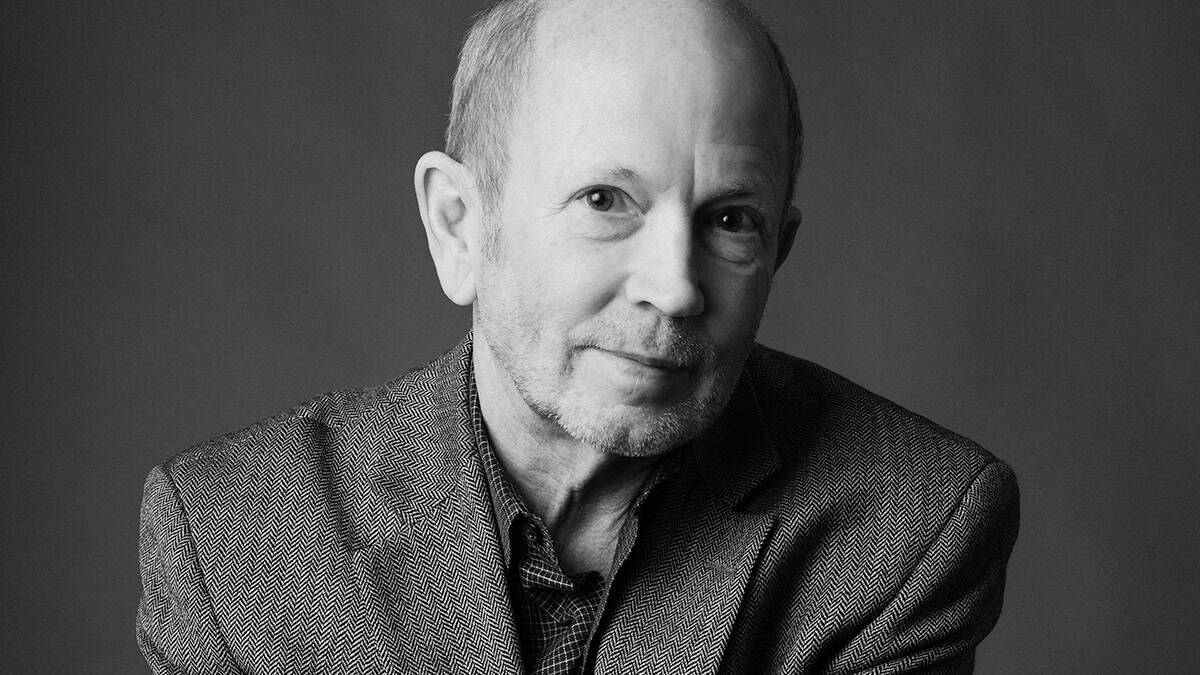Physicsworld
1M
67

Image Credit: Physicsworld
Robert P Crease lifts the lid on 25 years as a ‘science critic’
- Robert P. Crease reflects on his 25 years as a 'science critic,' starting with his 2000 article on the importance of criticism in science.
- Over the years, Crease has covered various topics inspired by politics, books, and scientific discoveries, improvising as he goes along.
- He views science as workshops where researchers study specialized topics, emphasizing the interaction between workshops and the outside world.
- As a science critic, Crease explains the significance of activities inside and outside workshops and their relevance to both physicists and non-physicists.
- He discusses the importance of understanding competition, trust, humor, and philosophical interpretations in the realm of quantum mechanics.
- While critics are often viewed negatively, Crease clarifies that criticism is essential for evaluating performance and maintaining honesty.
- Criticism becomes necessary when scientists alienate non-scientists with elitist views or dismiss the value of philosophy, as highlighted by examples involving Steven Pinker and Steven Weinberg.
- Crease aims to spark curiosity about the roles of philosophers, historians, and sociologists in science and the importance of understanding the broader context in scientific endeavors.
- He emphasizes the need for scientists to engage with humanities scholars to avoid losing touch with the world around them.
- Overall, Crease's work as a science critic has been focused on promoting a deeper understanding and appreciation of the interdisciplinary aspects of scientific endeavor.
Read Full Article
4 Likes
For uninterrupted reading, download the app